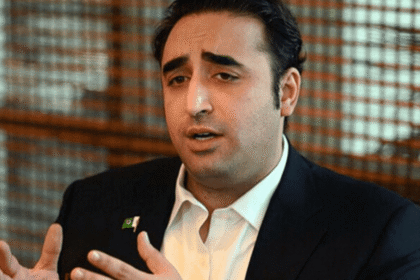Islamabad( The COW News Digital) Pakistan’s debt burden has reached an alarming level, with every citizen now carrying a share of PKR 318,252 in public debt, according to a new report released by the Economic Policy and Business Development (EPBD) institute. The report highlights that the country’s debt load is rising at an average annual rate of 13 percent, doubling approximately every six years.
Ten years ago, the per capita debt stood at just PKR 90,047 — meaning the figure has more than tripled in a single decade. The report warns that this rapid increase poses significant risks to the country’s financial stability and long-term economic growth.
According to the EPBD report, Pakistan’s total debt-to-GDP ratio now stands at 70.2 percent, a level considerably higher than most regional economies. The growing debt burden has been attributed to persistent fiscal deficits, heavy reliance on domestic and external borrowing, and insufficient revenue collection.
The think tank urged the government to take immediate corrective measures, including expanding the tax net to increase revenues and enforcing strict fiscal discipline to control unnecessary expenditures. The report further recommended a reduction of the policy interest rate from the current 11 percent to 9 percent to reduce the cost of servicing debt. Lowering the policy rate, the report claims, could save the country nearly PKR 1.2 trillion annually in interest payments.
Economists say that a lower interest rate would not only reduce debt-servicing costs but also boost private-sector competitiveness and stimulate business activity, helping the economy generate growth organically rather than through debt-financed spending.
The report emphasized that without immediate policy reforms, Pakistan could face mounting pressure from international lenders and credit rating agencies, leading to higher borrowing costs and reduced investor confidence.
Public reaction to the report has been one of concern, with many analysts warning that Pakistan is approaching an unsustainable debt trajectory. They stressed that structural reforms — particularly in taxation, governance, and public spending — are essential to avoid a debt crisis in the coming years.
The EPBD concluded its findings with a stern warning: failure to act now could leave future generations burdened with debt that will be increasingly difficult to repay.







